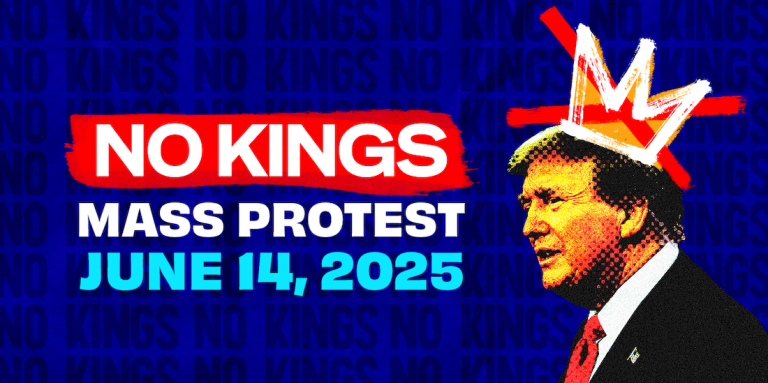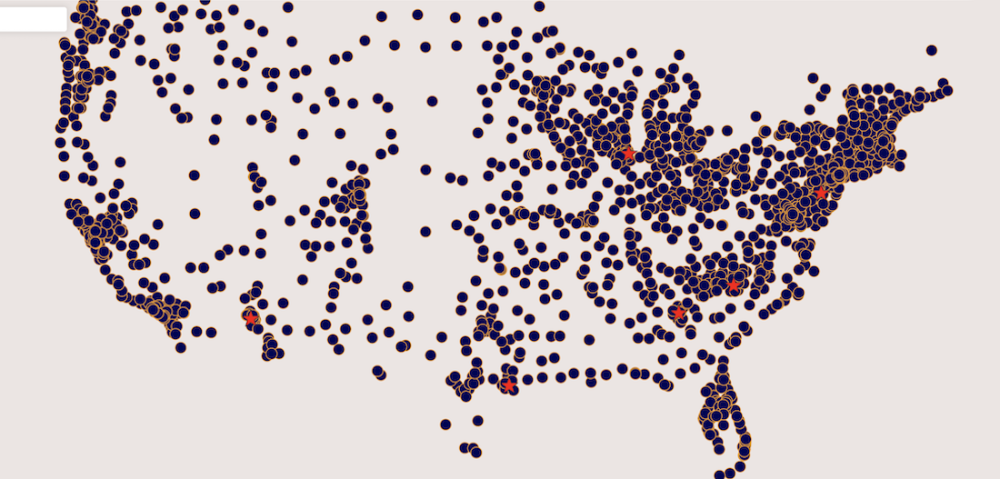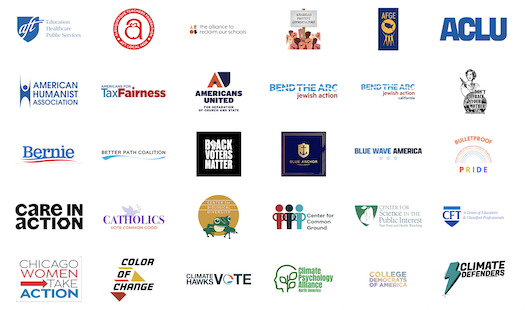
Nationwide protests planned for June 14th as Americans reject authoritarian governance and defend democratic principles
New York, N.Y. – The editorial board of The Stewardship Report stands firmly behind the nationwide “No Kings” movement, urging all Americans of good conscience to participate in the June 14th day of action.
As Donald Trump celebrates his birthday with a military parade in Washington D.C., citizens across the nation will gather to declare that America recognizes no monarchs, no autocrats, and no kings.
Democracy Under Siege Demands Collective Response

The No Kings movement emerges as a direct response to what organizers describe as escalating authoritarian overreach.
Participants cite a pattern of behavior that includes defying court orders, threatening deportation of American citizens, restricting free speech, and what they characterize as political persecution.
The movement represents a coalition of Americans who believe democratic institutions require active defense against authoritarian tendencies.
The Bryant Park gathering in New York City serves as one of dozens of simultaneous events planned across the country. Scheduled for Saturday, June 14th from 2 to 4 p.m. EDT, the Manhattan demonstration will take place at the intersection of 5th Avenue and East 41st Street.
Organizers emphasize their commitment to nonviolent action and peaceful demonstration.

Constitutional Principles Drive Citizen Mobilization

The movement’s core message centers on fundamental American values established at the nation’s founding.
When the Continental Congress declared independence in 1776, they explicitly rejected monarchical rule and established a republic based on popular sovereignty. The No Kings participants argue that contemporary political developments threaten these foundational principles.
Protesters plan to carry American flags as symbols of democratic ideals rather than partisan politics.
“The flag doesn’t belong to Donald Trump. It belongs to us,” organizers state, emphasizing broad-based patriotic opposition to concentrated executive power.
This approach attempts to reclaim national symbols for democratic resistance rather than ceding them to authoritarian movements.
Grassroots Organization Spans Multiple States

The No Kings movement operates through decentralized organizing across multiple states and cities.
Local coordinators in dozens of communities have established simultaneous events designed to demonstrate national scope and unified opposition.
The movement’s website, www.nokings.org, provides coordination resources and maintains updated information about participating locations.
Organizers stress that participants represent diverse political backgrounds united by shared concern for democratic governance.
The movement explicitly welcomes Americans regardless of party affiliation who oppose authoritarian consolidation of power.
This broad coalition approach reflects strategic recognition that democratic defense requires cross-partisan participation.
Historical Precedent Guides Contemporary Resistance

American history provides numerous examples of citizen mobilization against concentrated power.
From the Boston Tea Party to the Civil Rights Movement, Americans have consistently organized collective action when democratic principles face threats.
The No Kings movement consciously draws on this tradition of peaceful resistance and civic engagement.
The choice of June 14th carries symbolic weight beyond coinciding with Trump’s birthday.
Flag Day traditionally celebrates American democratic ideals and constitutional governance.
By organizing demonstrations on this date, participants emphasize their commitment to authentic patriotism based on democratic principles rather than personality cult worship.
Broad Coalition of Organizations Endorses Movement

The No Kings movement has garnered support from a diverse coalition of pro-democracy organizations led by Indivisible and partner organizations.
From the ACLU to the Unitarians, organizations uplifting humanity are taking part.
A partial listing includes: American Democracy, American Humanist Association, Bernie Sanders Organization, Black Voters Matter, Blue Wave of America, Common Cause, Communications Workers of America, Face the Music, Feminist Majority, Freedom From Religion Foundation, Manhattan Young Democrats, Mennonite Action, National Organization for Women, Peace Action, People for the American Way, Physicians for Social Responsibility, Sierra Club, and The Workmen’s Circle.
Media Coverage and Public Engagement Expected
The simultaneous nature of No Kings events across multiple cities will likely generate significant media attention and public discussion.

Organizers anticipate that widespread participation will demonstrate the breadth of concern about authoritarian governance among ordinary Americans. The movement’s emphasis on nonviolent action and patriotic symbolism aims to appeal to mainstream public opinion.
Social media coordination through established hashtags will amplify local events and create national conversation about democratic governance.
The movement’s digital strategy emphasizes grassroots participation and citizen journalism to document events and share perspectives across geographic boundaries.
The No Kings movement represents a critical moment in American civic engagement, challenging citizens to actively defend democratic institutions through peaceful collective action. Whether this mobilization achieves its goals will depend on sustained participation and continued commitment to nonviolent resistance against authoritarian governance.
Audio Summary (75 words)
The No Kings movement organizes nationwide protests for June 14th, opposing what participants describe as authoritarian governance. Simultaneous demonstrations across dozens of cities, including New York’s Bryant Park event, will coincide with Donald Trump’s birthday military parade. Organizers emphasize nonviolent resistance and patriotic symbolism, arguing that American democratic principles require active defense. The movement welcomes cross-partisan participation from citizens concerned about concentrated executive power and threats to constitutional governance.